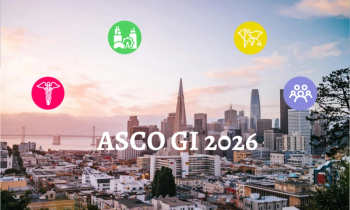
Presenters shared their personal highlights of attending ASCO GI 2026.

Presenters shared their personal highlights of attending ASCO GI 2026.

Dani Castillo, MD, sheds light on the evolving landscape of first-line therapy in advanced gastric cancer.
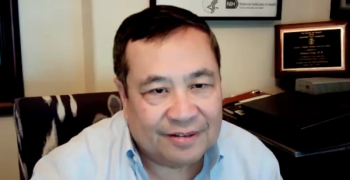
Yuman Fong, MD, discusses the evolution of colorectal liver metastases management from historical neglect to multimodal approaches.
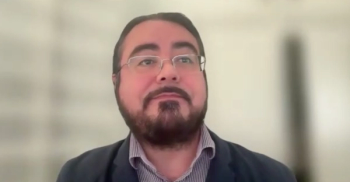
Enrique Velazquez Villarreal, MD, PhD, MPH, MS, reveals how AI is being used to identify early-onset CRC and enhance precision oncology.

A groundbreaking in vivo CAR T-cell therapy shows promise for treating multiple myeloma, potentially revolutionizing cancer care with quicker, safer treatments.

Amivantamab plus lazertinib enhances survival in NSCLC but requires complex care compared with osimertinib, explained Danny Nguyen, MD, of City of Hope.

The combination of amivantamab and lazertinib in first-line non–small cell lung cancer (NSCLC) significantly reduces resistance mechanisms with implications for second-line treatment, said Danny Nguyen, MD, of City of Hope.
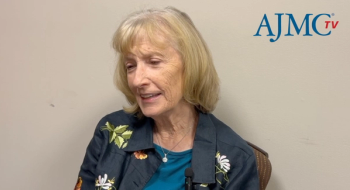
Joanne Mortimer, MD, FACP, FASCO, discusses the practical applications and limitations of circulating tumor DNA (ctDNA) testing in breast cancer, highlighting its role in guiding targeted therapy, challenges in patient communication and payer coverage, and unique barriers for male patients.
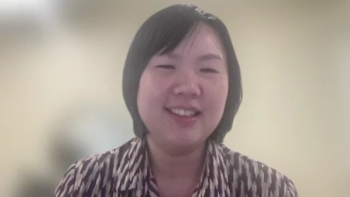
Christina Poh, MD, of City of Hope National Medical Center, highlights the benefit of tafasitamab in improving progression-free survival for heavily pretreated patients with relapsed or refractory (R/R) follicular lymphoma.
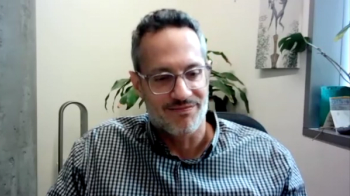
AZD0486 demonstrated encouraging safety and dose-dependent efficacy in heavily pretreated adolescent and adult patients with relapsed/refractory B-cell acute lymphoblastic leukemia (ALL), according to early findings from the phase 1/2 SYRUS trial and Ibrahim Aldoss, MD, of City of Hope.

Ibrahim Aldoss, MD, discusses the potential of AZD0486 for treating relapsed or refractory B-cell acute lymphoblastic leukemia (ALL) and outlines the SYRUS study objectives.

Dr Rugo discusses the promising outcomes of trastuzumab deruxtecan for HER2+ breast cancer, addressing interstitial lung disease risks and retreatment strategies.
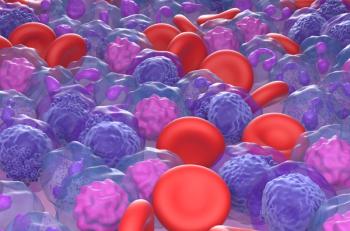
Revumenib shows promise for high-risk patients with acute myeloid leukemia (AML) with specific genetic mutations, demonstrating efficacy with no new safety signals.
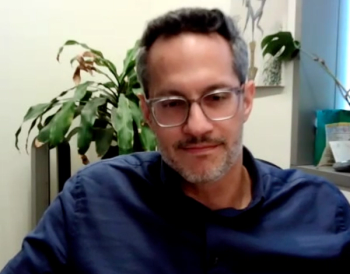
Ibrahim Aldoss, MD, associate professor, City of Hope, explores recent findings on ponatinib as a first-line treatment for Philadelphia chromosome–positive acute lymphoblastic leukemia (Ph+ ALL).
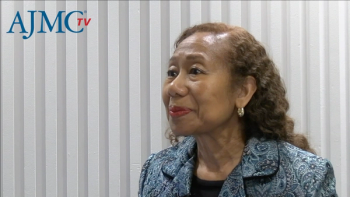
Kimlin Tam Ashing, PhD, explores how strengthening community engagement can enhance cancer research and inform more effective policy development.

Kimlin Tam Ashing, PhD, of City of Hope National Medical Center, emphasizes the vital role of community engagement in cancer research, enhancing trust and communication between scientists and communities.
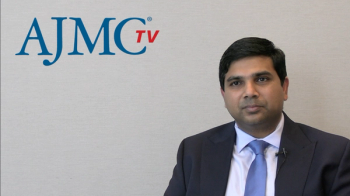
In the wake of novel bispecific and chimeric antigen receptor T-cell therapies for various cancers, geography still plays a big role in patients' abilities to receive such treatments.
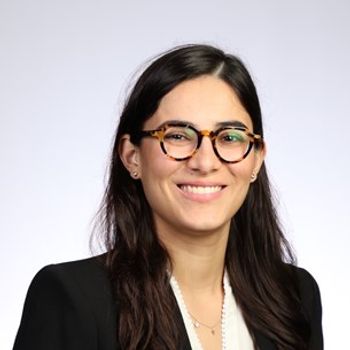
Regina Barragan-Carrillo, MD, a postdoctoral fellow at City of Hope Comprehensive Cancer Center, discussed findings that show 76% of renal cell carcinoma trials take place in wealthy countries, amid news that clinical trial access for the world's poor may become even more challenging.

Abstracts presented at the American Society of Clinical Oncology Genitourinary Cancers Symposium reflect the ongoing challenge with enrolling diverse patient populations in trials, despite stated goals.
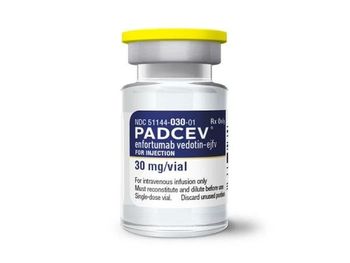
City of Hope's Salvador Jaime-Casas, MD, discusses a systematic review of recent trials examining objective response rate and adverse events of antibody-drug conjugate (ADC) combinations in advanced urothelial cancer.
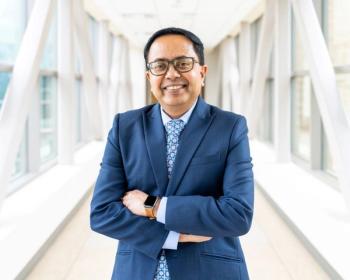
Positve overall survival data could lead to a label expansion for Pfizer's combination to treat metastatic castration-resistant prostate cancer (mCRPC).
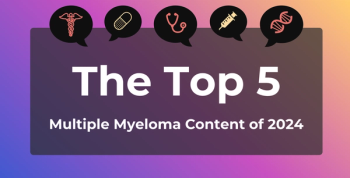
Through interviews and articles infused with expert insight, progress against this cancer that develops in the bone marrow was showcased.
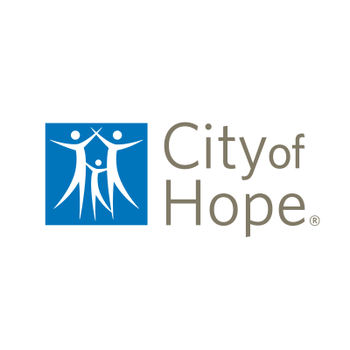
Institute for Value-Based Medicine event with City of Hope.
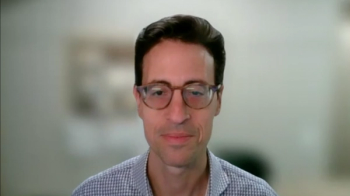
Andrew Leitner, MD, of City of Hope, discusses the challenges of integrating supportive care into cancer treatment and proposes solutions to improve access for patients from underserved communities.
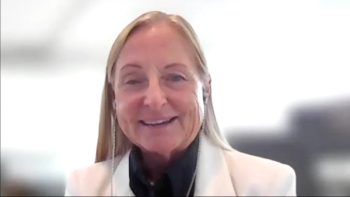
Linda Bosserman, MD, PhD, FASCO, FACP, of City of Hope, emphasizes the need for a sustainable health care system that balances cost with care so patients can achieve the best survival and quality of life after a cancer diagnosis.

Andrew Leitner, MD, City of Hope, highlights the essential role of supportive care in improving the quality of life of patients with cancer undergoing treatment.

Linda Bosserman, MD, PhD, FASCO, FACP, of City of Hope, highlights challenges in cancer care, focusing on improving access to accurate diagnoses and treatments, promoting patient-centered approaches, and fostering collaboration to achieve better outcomes.
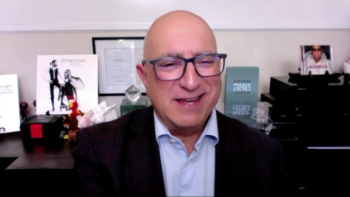
Joseph Alvarnas, MD, of City of Hope, discusses how he envisions the future of cancer care over the next decade.

Joseph Alvarnas, MD, of City of Hope, recaps yesterday's Institute for Value-Based Medicine® (IVBM) event on value-based oncology care, emphasizing patient-centered approaches and how attendees can apply these insights in their daily practice.

Daratumumab/hyaluronidase-fihj plus bortezomib, lenalidomide, and dexamethasone is now approved by the FDA to treat newly diagnosed multiple myeloma (MM) in patients eligible for autologous stem cell transplant.

259 Prospect Plains Rd, Bldg H
Cranbury, NJ 08512
© 2025 MJH Life Sciences®
All rights reserved.
